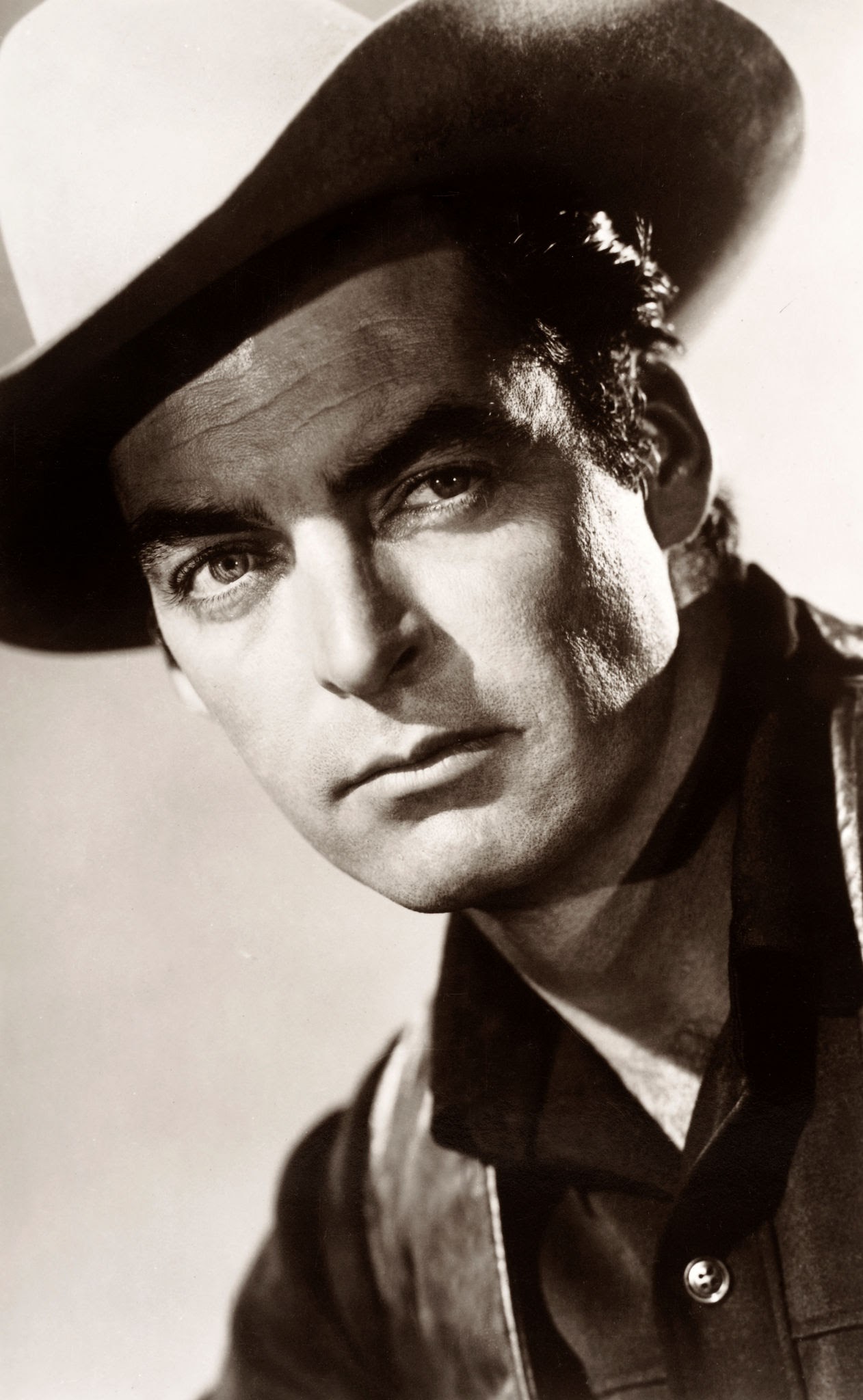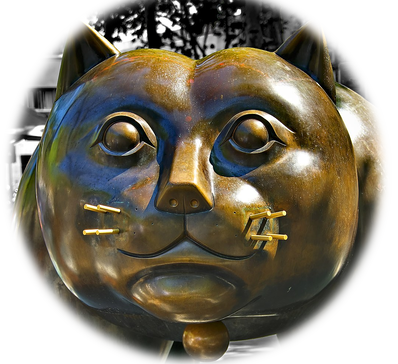Tell me about a book that disturbed, distressed, shocked, traumatized, or unsettled you in any way. Please elaborate on why it does.
deleted by creator
The Real Story and Lord Foul’s Bane by Stephen Donaldson. The man is so utterly casual about rape as plot progression that it leaves me with serious questions about the author.
The Road - Cormac McCarthy. Except I haven’t been able to finish it. I know the story, through watching the film, but the imagery in the book is so much more depressing and powerfully disturbing. When I watched the film I felt it for at least a week afterwards. I was getting that feeling each time I’d go to pick up the book of a night. I really want to read it completely, but I just can’t work myself up to it.
RIP Cormac McCarthy. I was able to read all of The Road, but only a little bit at a time. It’s so bleak, and so realistic.
That’s my answer as well. The book is just so bleak. I read it over a decade ago, and I have thought about re-reading it, but can’t bring myself to do it. It is a really good read though.
We’re going back a ways, and I might be stretching the premise of the question a bit, but: Animorphs. The last part in the series (The Answer and The Beginning) and, by extension, the series itself.
If anybody cares, there are a lot of spoilers incoming.
Context
Animorphs is about kids turning into animals and fighting creepy aliens. That’s what the blurbs said, that’s what the wacky covers looked like, that’s what the age rating implied and so and that’s what parents believed.
No. Animorphs is about child soldiers, recruited and thrust into a secret insurgency, and the full first-person experience that entails. The books are often harrowing, and the kids are broken, over and over, both mentally and physically. They lose lives and limbs. They lose friends and family. They each murder hundreds of living things with tooth and claw, unable to escape the immediate visceral nature of their actions and the aftermath. Dozens of innocent, controlled living things. They lose themselves.
And how could they not? They have discovered a a race of mind-controlling parasites that work by infiltration. If one of the children were uncovered or captured, they would undergo complete mental subjugation, unable to control their thoughts, voice, body. Their memories and secrets would be an open book to the slug wrapped around their brain, which would act out their behaviours flawlessly to manipulate their family and friends into the same fate while they watched from eyes they no longer control, a prisoner in their own mind. And this has already happened to family members. They can’t know who can be trusted. Paranoia is an understatement.
Off the top of my head, some parts in this first-person narrative that “disturbed, distressed, shocked, traumatized, or unsettled” primary school me:
- There is a whole book detailing exactly how the above happens for one of the children after he is enslaved and his mind essentially flayed.
- There is a whole book dedicated to the first-person experience of one of the children undergoing torture.
- There is a book in which the children kidnap and torture a man as a distraction tactic, during which they all - man included - listen to his young daughter crying and wandering the streets, calling his name.
- There is a book - the first, in fact - in which one of the children is trapped, forever, in the body of a bird - and his home life is hinted at being so bad that we are never sure this wasn’t deliberate.
- There are books in which the children commit active genocide of one form or another.
- There is a book in which the children recruit an army of disabled kids, safe in the knowledge that the parasites won’t have infected them as they are seen to be of no use.
- There is a book in which the children deliberately sacrifice said army of disabled kids as a distraction tactic during a pitched battle.
- There is a book in which a family member is trapped by the children in a rat’s body and forced to live out the rest of his life on a remote tiny island.
- There is a book in which one of the children orders another - his cousin - to execute his brother (edit: during a suicide attack). It’s carried out.
There are many, many more. It’s a long series. I’m stopping the list purely in the interests of time and post length.
The ending
So, the books I mentioned above were a two-book (they were short, ~300 pages combined) culmination of ~60 works, bringing the whole thing to a close after a big final fight. Bad guys lose, good guys win, live happily ever after.
Except it didn’t, and they didn’t. It was a war, and it was the consequences of war, and it was the aftermath of war, and then it was more war. I’ll let the author’s note, published later, say it all (though emphasis mine):
Click
Dear Animorphs Readers:
Quite a number of people seem to be annoyed by the final chapter in the Animorphs story. There are a lot of complaints that I let Rachel die. That I let Visser Three/One live. That Cassie and Jake broke up. That Tobias seems to have been reduced to unexpressed grief. That there was no grand, final fight-to-end-all-fights. That there was no happy celebration. And everyone is mad about the cliffhanger ending.
So I thought I’d respond.
Animorphs was always a war story. Wars don’t end happily. Not ever. Often relationships that were central during war, dissolve during peace. Some people who were brave and fearless in war are unable to handle peace, feel disconnected and confused. Other times people in war make the move to peace very easily. Always people die in wars. And always people are left shattered by the loss of loved ones.
That’s what happens, so that’s what I wrote. Jake and Cassie were in love during the war, and end up going their seperate ways afterward. Jake, who was so brave and capable during the war is adrift during the peace. Marco and Ax, on the other hand, move easily past the war and even manage to use their experience to good effect. Rachel dies, and Tobias will never get over it. That doesn’t by any means cover everything that happens in a war, but it’s a start.
Here’s what doesn’t happen in war: there are no wondrous, climactic battles that leave the good guys standing tall and the bad guys lying in the dirt. Life isn’t a World Wrestling Federation Smackdown. Even the people who win a war, who survive and come out the other side with the conviction that they have done something brave and necessary, don’t do a lot of celebrating. There’s very little chanting of ‘we’re number one’ among people who’ve personally experienced war.
I’m just a writer, and my main goal was always to entertain. But I’ve never let Animorphs turn into just another painless video game version of war, and I wasn’t going to do it at the end. I’ve spent 60 books telling a strange, fanciful war story, sometimes very seriously, sometimes more tongue-in-cheek. I’ve written a lot of action and a lot of humor and a lot of sheer nonsense. But I have also, again and again, challenged readers to think about what they were reading. To think about the right and wrong, not just the who-beat-who. And to tell you the truth I’m a little shocked that so many readers seemed to believe I’d wrap it all up with a lot of high-fiving and backslapping. Wars very often end, sad to say, just as ours did: with a nearly seamless transition to another war.
So, you don’t like the way our little fictional war came out? You don’t like Rachel dead and Tobias shattered and Jake guilt-ridden? You don’t like that one war simply led to another? Fine. Pretty soon you’ll all be of voting age, and of draft age. So when someone proposes a war, remember that even the most necessary wars, even the rare wars where the lines of good and evil are clear and clean, end with a lot of people dead, a lot of people crippled, and a lot of orphans, widows and grieving parents.
If you’re mad at me because that’s what you have to take away from Animorphs, too bad. I couldn’t have written it any other way and remained true to the respect I have always felt for Animorphs readers.
K.A. Applegate
(I hope the spoiler tags work…)
The whole thing shaped my childhood mind and the adult I’ve come to be. I think we all need to be disturbed from time to time, or else where can compassion and empathy really grow from?
The Handmaid’s Tale. I started reading it recently, but it’s too much like current events. I had to stop reading. (Haven’t seen the show, either.)
The Painted Bird is a horrific read. So good, though.
I read “The Diary of a Young Girl” by Anne Frank when I was about the same age. It disturbed me beyond measure, to learn what humans can do to each other. (Still I found hope in seeing people were also willing to help.) Same topic (but from a much older woman): Margot Friedländer’s memoir “Versuche, dein Leben zu machen” (“Try to make your life”).
I would have to say American Psycho was pretty fucked up and I don’t think I see it mentioned yet. Way more intense than the movie because it’s a much deeper character study. But man that Patrick Bateman has some fucking crazy thoughts
Cadaver Exquisito, known as Tender is the Flesh in English. I read it in the original Spanish.
It’s about a future where a virus infects all animals and so they have to be culled. But people still want to eat meat, so they begin farming humans.
It’s basically just standard factory farming stuff, but when it’s from the point of view of humans you see how horrific some of it is. It makes you think a lot about how animals are treated in agriculture.






